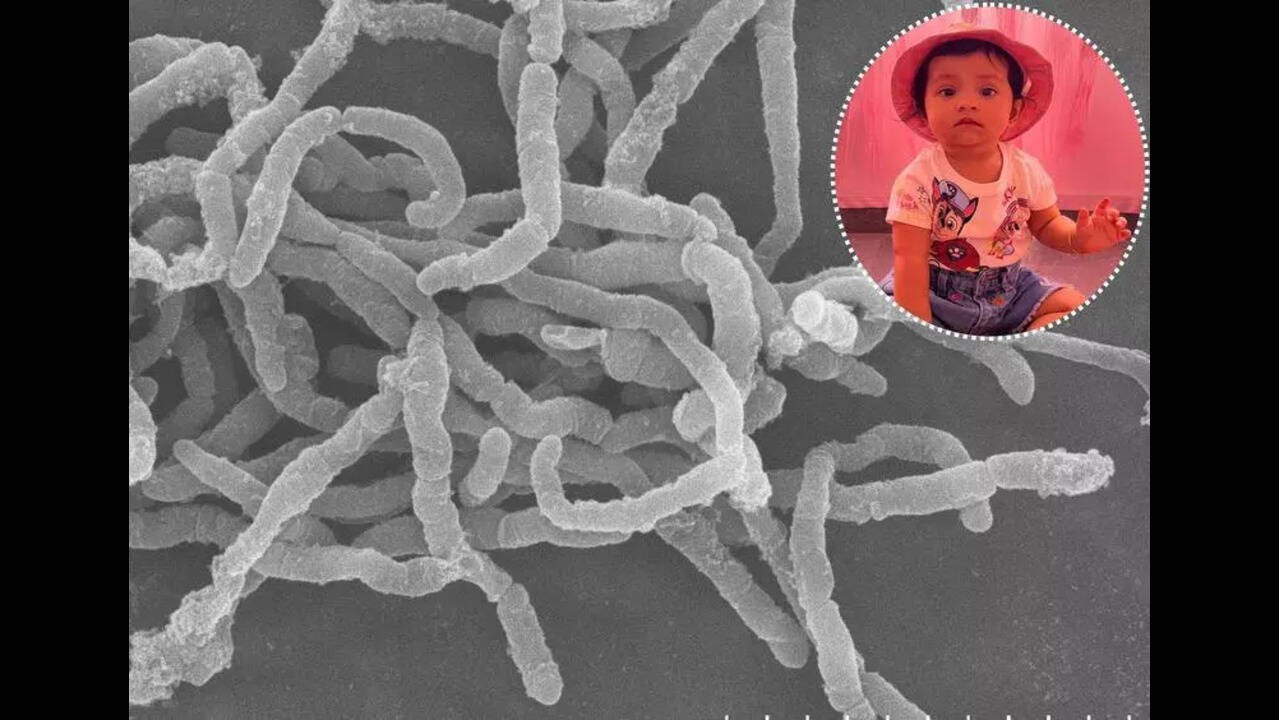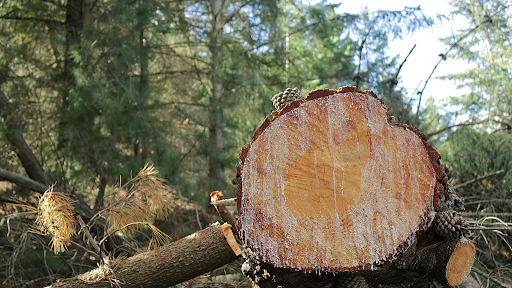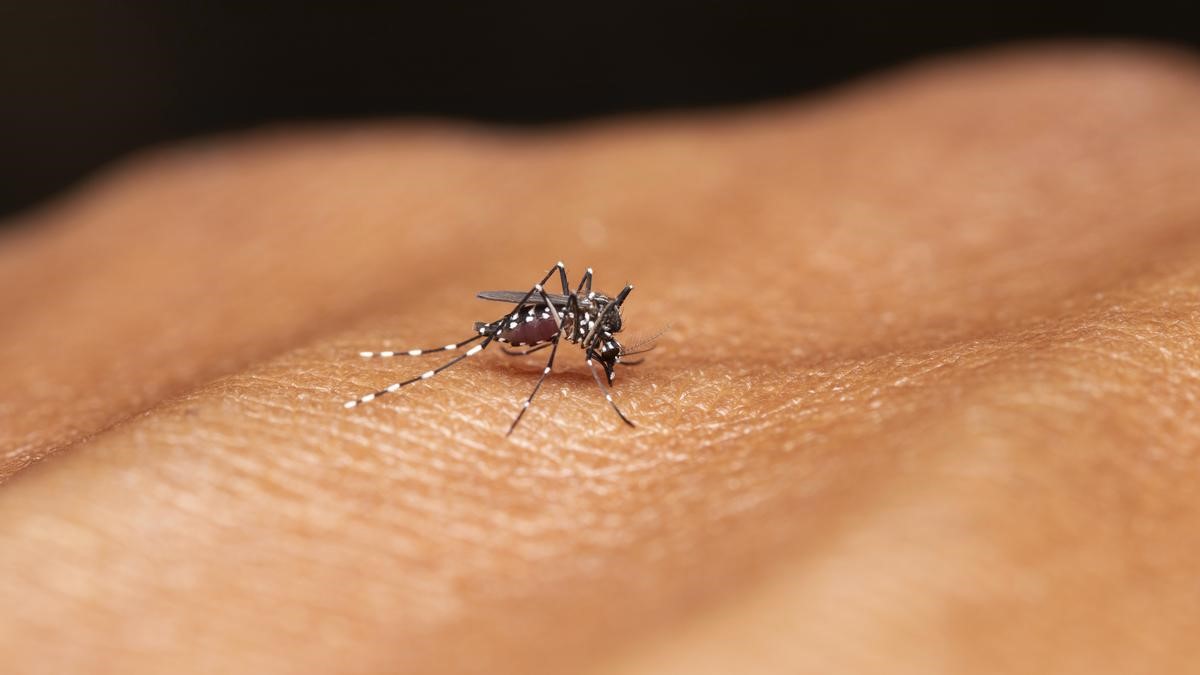



Researchers at Raiganj University discovered a new soil bacterium, Bacillus ayatagriensis, from the rhizosphere of mulberry plants, with potential applications in sustainable agriculture. This finding is significant for sericulture, a key sector in which India ranks as the world’s second-largest silk producer and consumer.

Disclaimer: Copyright infringement not intended.
Researchers at Bengal’s Raiganj University recently discovered a new species of soil bacteria named Bacillus ayatagriensis.
|
Aspect |
Details |
|
Etymology |
Derived from “Aayat” (Sanskrit Ayata, meaning “extended” or “vast”) and “Krishi” (meaning “agriculture”) |
|
Source of Isolation |
Rhizosphere of mulberry plants |
|
Significance |
Potential contribution to sustainable farming practices |
|
Research Focus |
Applied microbiology and its impact on sustainable agriculture |
|
Sericulture – Definition |
Farming of silkworms to produce silk |
|
Silkworm Feed |
Leaves of mulberry, oak, castor, and arjun trees |
|
Silk Production Process |
Silkworms spin cocoons → Cocoons boiled → Silk threads extracted, twisted, and woven |
|
India’s Global Rank |
The 2nd largest producer and consumer of silk |
|
Raw Silk Production (India) |
Increased from 31,906 MT (2017–18) to 38,913 MT (2023–24) |
|
Mulberry Plantation Area |
Grew from 223,926 ha (2017–18) to 263,352 ha (2023–24) |
Source: TOI
|
PRACTICE QUESTION Q. Which newly discovered soil bacterium, named after Sanskrit words related to agriculture, was isolated from the rhizosphere of mulberry plants and is linked to sustainable farming?
Answer: B Explanation: The newly discovered soil bacterium, Bacillus ayatagriensis, is named after Sanskrit words and is linked to sustainable farming. It was isolated from the rhizosphere (the area around plant roots) of mulberry plants. The name "Aayatagriensis" is derived from the Sanskrit words "Ayata" (meaning extended or vast) and "Krishi" (meaning agriculture), reflecting its potential contribution to sustainable agriculture. |







© 2026 iasgyan. All right reserved